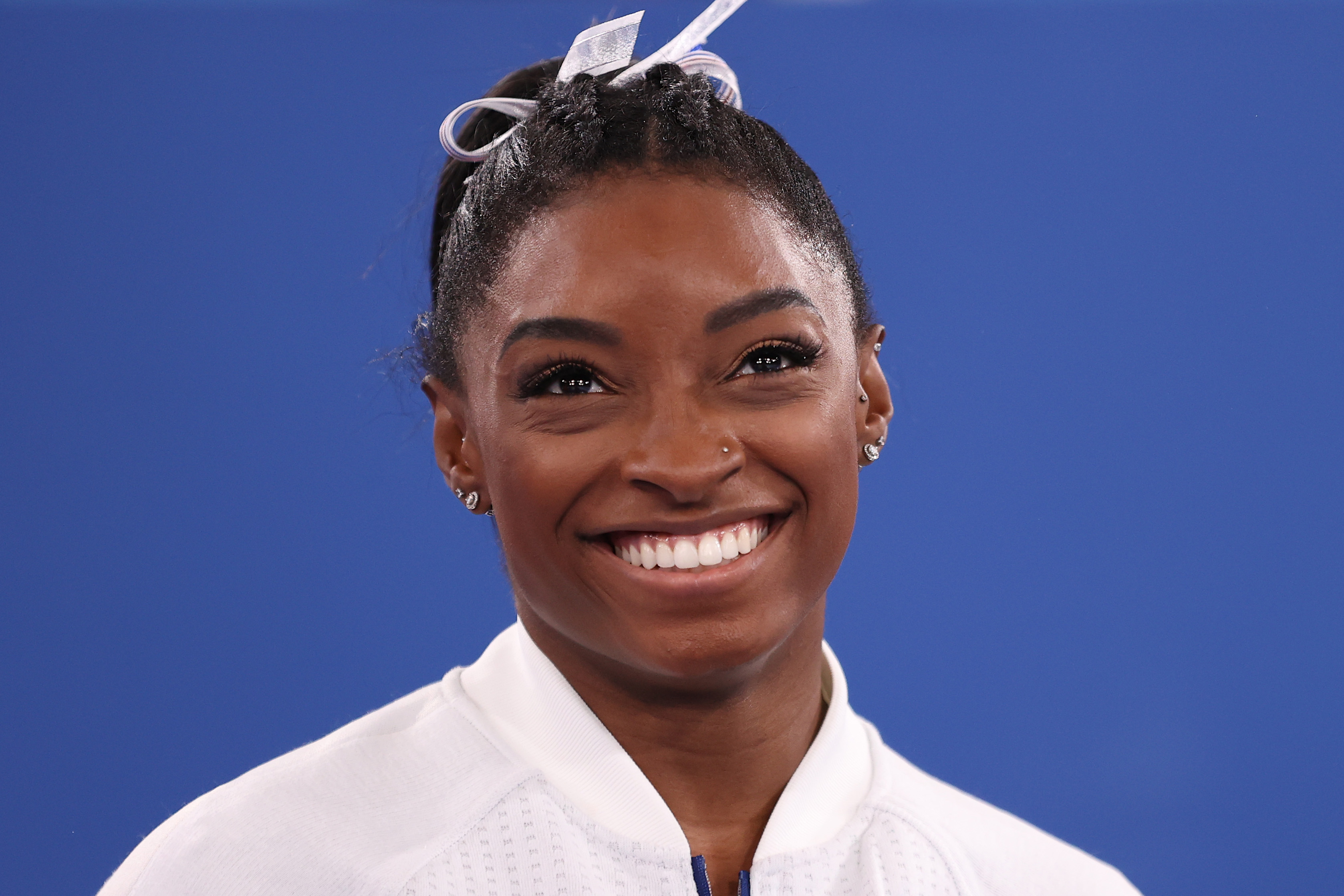

On Tuesday, Simone Biles shockingly withdrew from the women’s gymnastic team finals at the Tokyo Olympics. Then, earlier Wednesday, the gymnastic superstar continued her effort to prioritize her mental health and withdrew from the individual all-around competition. While the Olympics is revered as a pinnacle for athletic careers, Biles’ exit is stirring the conversation on why we refute compassion in our most rigid arenas and the humanity that lies behind the nation’s top athletes.
“After further medical evaluation, Simone Biles has withdrawn from the final individual all-around competition at the Tokyo Olympic Games, in order to focus on her mental health,” USA Gymnastics said in a statement on Wednesday. “We wholeheartedly support Simone’s decision and applaud her bravery in prioritizing her well-being. Her courage shows, yet again, why she is a role model for so many.”
Earlier in the Games, Biles stumblingly landed her attempt to do a Yurchenko vault — a deviation from her normal precision. In an interview with reporters on Tuesday, the 24-year-old later shared how insurmountable pressures of the international stage faces her with the strain of mental anguish. “Whenever you get in high-stress situations, you kind of freak out and don’t know really know how to handle all of those emotions especially at the Olympic Games,” she said to Hoda Kotb on NBC’s TODAY show. While the staggering routine left spectators agape, there’s a question that still lingers over the demands placed on Biles’ mental and physical wellness: Can the nation’s most vaunted all-star be given the space for grace?
In spite of her transparency — which she privileges us with — many still solely looked to her excellence to swoop in and lead the US women’s gymnastic team to victory. And ultimately when the team clinched silver, the triumph was perceived as a consequence of Biles’ “inability to sacrifice,” an affront to her valiant ability to persistently surpass the bounds of the sport. Earlier this summer, the phenom cemented her legacy as the greatest of all time when she secured her seventh US All-Around championship title and became the most decorated female US gymnast. Just ahead of that victory, Biles historically debuted the Yurchenko double pike vault at the U.S. Classic as the first woman to perform the challenging stunt.
There is an insidious mindset that has been deeply seeded into spectators when humans are valued by their supernatural abilities rather than their wellbeing needed to provide such strenuous demands. These notions of the old guard that often herald trophies over the trophy winners compels us to callously ignore athletes’ covert and conspicuous cries for help. In a candid interview with New York Times on her heading to Tokyo, the defending champion mentioned her anticipation for the long-awaited event to be over. When asked to name the happiest moment of her career, she frankly responded, “Honestly, probably the time off.”
Fortunately, Biles has bravely accepted her yearn for a reprieve from the pressure and is joining the wave of athletes who are remaining remarkably transparent on how the constant forces of perfectionism are bound to break even the greatest of all time.














